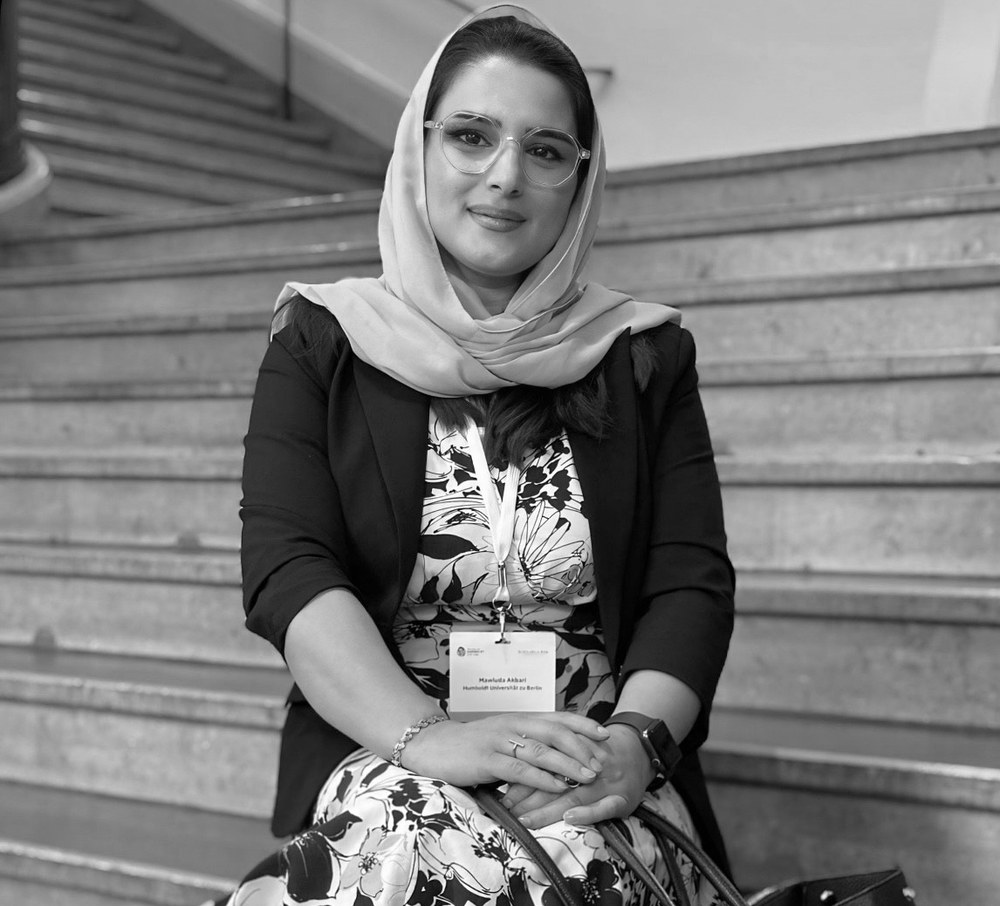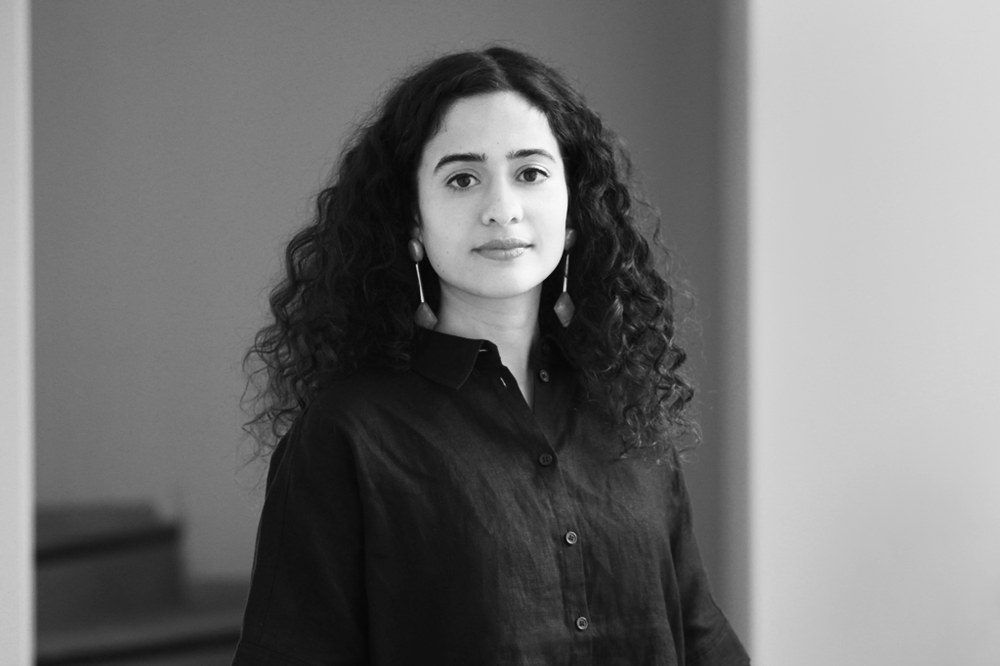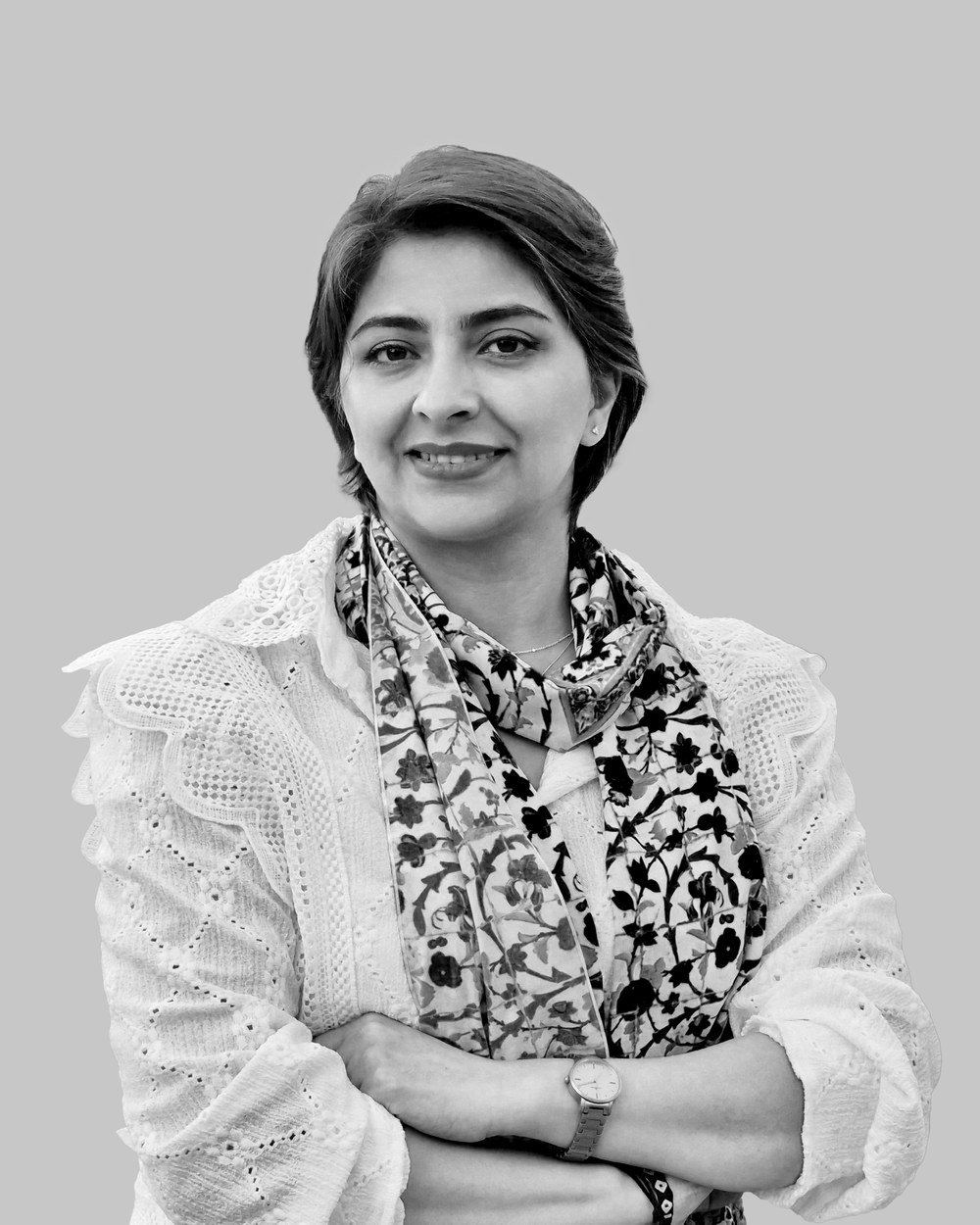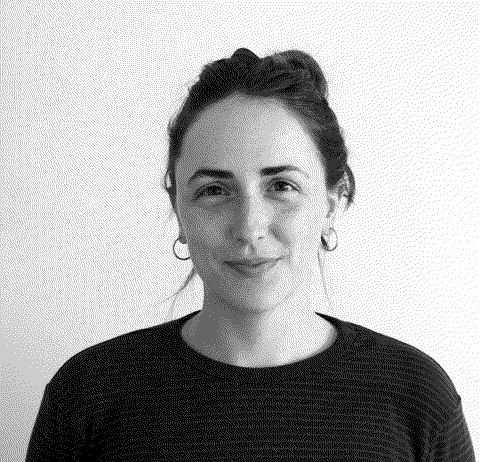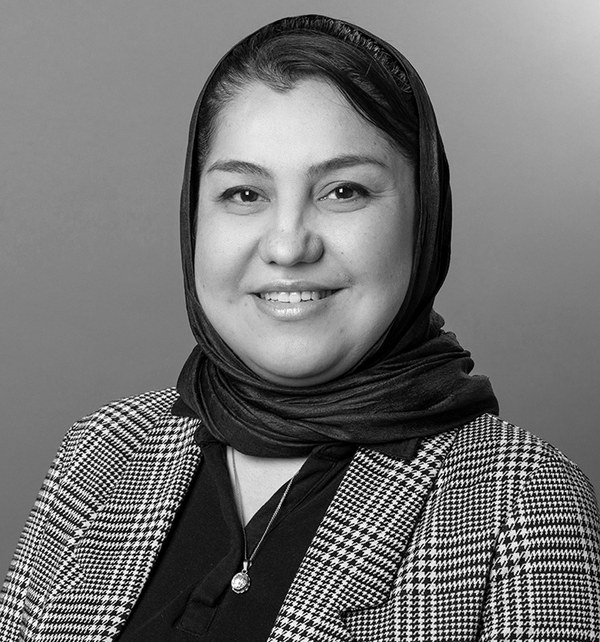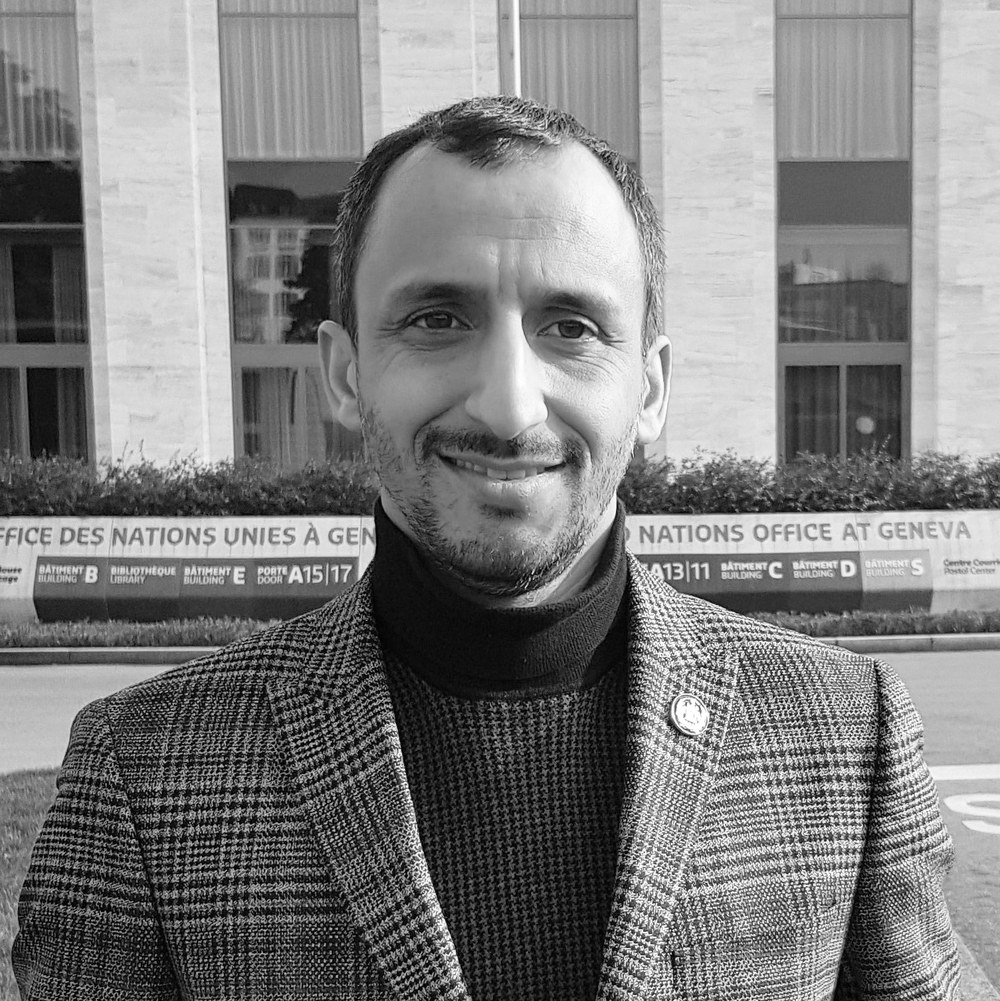About Afghanistan Research Hub

Registration | Events | Advisory Board
The Afghanistan Research Hub (ARH) is a network of scholars from Afghanistan and those working on Afghanistan within a broader spectrum of social sciences and related disciplines, including history, economics, geography, law, and psychology. Additionally, knowledge from disciplines such as environment, climate change, engineering, urban development, and medicine can be facilitated by the relevant working groups. Hosted by the Middle East Research Group (MERGE) at the Berlin Institute of Integration and Migration Studies at Humboldt University, the ARH is a collaborative initiative designed to facilitate academic exchange and critical discussions, enhance critical knowledge production on Afghanistan and Afghans on the move including the Diaspora, while supporting Afghan scholars in their research and professional development.
Afghanistan has long been the subject of academic study, yet much of the knowledge produced about the country comes from external perspectives, often shaped by geopolitical and institutional priorities rather than the lived realities of Afghans themselves. At the same time, Afghan scholars—whether based in the country, on the move, in exile, or part of its global diaspora—often face significant barriers to visibility, resources, and collaboration. This is particularly true for recently displaced scholars, who find themselves disconnected from academic networks and struggling to continue their research. The ARH, through networking, promotes and facilitates critical knowledge production from the perspective of the peoples of Afghanistan.
Vision
The Afghanistan Research Hub (ARH) envisions an active, inclusive, and collaborative network that connects Afghan scholars and those working on Afghanistan across the globe who may play a central role in shaping academic discourse on the country. We seek to create a research environment where knowledge production on Afghanistan is driven by critical, interdisciplinary engagement and informed by scholars with deep connections to its histories, societies, and transformations.
Our vision is to build an inclusive, collaborative, and globally connected network that amplifies Afghan-led research and ensures its integration into broader academic and policy discussions. We strive to challenge existing knowledge hierarchies, foster meaningful scholarly exchange, and provide opportunities for Afghan researchers—whether in the country, in exile, or part of its global diaspora—to contribute to and shape the field. We place a strong emphasis on the inclusion of emerging scholars in Afghanistan and its diaspora. Through mentorship, workshops, and collaborative projects, ARH aims to empower the new generations of researchers to bring fresh perspectives and innovative analysis to the field.
ARH seeks to foster a research environment in which knowledge production on Afghanistan is guided by critical, interdisciplinary engagement, and shaped by scholars with deep ties to the country’s histories, societies, and ongoing transformations.
By strengthening connections between scholars, institutions, and disciplines, the ARH aims to advance a more nuanced and contextually grounded understanding of Afghanistan, ensuring that research is not only rigorous but also reflective of diverse perspectives and experiences.
Mission
The ARH is created to address these challenges by:
- Making Afghan scholars and their research more visible in academic and public discourse. Too often, critical work by Afghan scholars is overlooked in favor of external analyses. The ARH seeks to highlight and promote critical research as a vital part of knowledge production on Afghanistan.
- Strengthening connections between researchers in Germany, Europe, and beyond who are engaged with Afghanistan. The ARH wants to act as a bridge for collaboration and academic networks.
- Supporting Afghan scholars, particularly those in exile/ on the move, in reconnecting with academic networks. Forced migration often means disrupted careers and lost professional connections. The ARH aims to provide spaces for scholars to continue their research, collaborate, and find new academic opportunities.
- Challenging dominant narratives by centering Afghan perspectives. The study of Afghanistan should not be limited to external viewpoints. The ARH fosters critical discussions that bring Afghan scholars into direct dialogue with broader academic conversations.
What We Do
To achieve these goals, the ARH focuses on:
- Facilitating networking: We create opportunities for scholars to connect, share their work, and build professional relationships across disciplines and institutions.
- Organizing events and discussions: Through workshops, colloquia, and panel discussions, we provide spaces for scholars to present their research, exchange feedback, and engage in critical debates.
- Supporting academic engagement: We assist Afghan scholars in navigating academic structures in Germany and Europe, providing guidance on research funding, publication opportunities, and institutional access.
- Amplifying Afghan-led research: The ARH actively promotes the work of Afghan scholars, ensuring that their contributions are recognized and engaged with in academic and policy discussions.
Executive Board of ARH in 2025
The team members listed alphabetically below, comprising researchers, PhD, and Postdoctoral scholars, who currently facilitate the activities and programs of the Hub.
|
|
Mawluda Akbari is a research fellow at Humboldt University of Berlin, her current research benchmarks the Taliban’s women’s rights policies, especially regarding political participation against contemporary Islamic principles and practices. She holds a master’s degree in Governance and Public Policy from the University of Passau, Germany (DAAD scholarship), and a Bachelor of Law (LL.B.) from Takhar University, Afghanistan. Mawluda has taught law at Takhar University and held key roles in gender policy, coordination, and legal advocacy within governmental and non-profit sectors in Afghanistan. Her research and professional work are grounded in a commitment to women’s rights, social justice, and legal empowerment through education and public engagement. She continues to support integration and education initiatives for refugees and migrants through volunteer work in Berlin. |
|
Abdullah Athayi is a Ph.D. candidate at the Institute of Asian and African Studies, Humboldt University in Berlin, focusing on Afghan diaspora, civic participation, integration, and transnational engagement. He holds a master's degree in Law and a bachelor's degree in Law and Political Science from Kabul University. Abdullah Athayi started his civil society activities in Afghanistan along with transition politics and international intervention in 2001. As an advocate for human and women's rights, the rule of law, and democracy, he actively participated in the post-2001 vibrant civil society of Afghanistan through research, advocacy, and support to civil society.With a group of like-minded colleagues, he co-founded Bakhtar Institute e.V in Berlin, an initiative that focuses on research and education related to the Afghan diaspora and Afghanistan's socioeconomic and political developments. |
|
|
|
Nerges Azizi (she/her) is currently completing her PhD in Law at Birkbeck, University of London. In her research, she analyses the current conjuncture of migrants' rights struggles by focusing on the role of legal interventions against pushbacks in the Mediterranean. Beyond this, she writes on migrations from and deportations to Afghanistan. Nerges works as a legal advisor for the Border Justice program at the European Center for Constitutional and Human Rights (ECCHR). Previously, she has worked as a Carlo Schmid Fellow at the Ethics Office of UNHCR in Geneva and as a lecturer at Freie Universität Berlin and Philipps-Universität Marburg, among others. |
|
Azita Ibrahimi is a Ph.D. candidate at the Institute of Asian and African Studies, Humboldt University in Berlin, focusing on the anthropology of art. Her research explores Afghan textiles in the Berlin Ethnological Museum and among diaspora communities. She began a Ph.D. in Advanced Art Studies at Al Zahra University in Tehran (paused after two years), and holds an MFA and a BA in Fine Arts from Al Zahra and Herat University, respectively. Azita taught at the Faculty of Fine Arts, Herat University (2013–2020), and previously at Ustad Kamaluddin Behzad Art Institute (2012). She was also a research fellow at TU Dortmund and the University of Duisburg-Essen under the Academy in Exile program. Her work highlights Afghan women’s artistic expression through embroidery. |
|
|
|
Lisa Koerber is a Master's student in Social Sciences at Humboldt University of Berlin. She previously studied Sociology and Political Science in Münster, Toulouse, and Istanbul, with a focus on migration studies and a geographical emphasis on Western Asia. Her research interests center on critical border studies and the politics of (im)mobility. Currently, Lisa works as a student assistant at the Berlin Institute for Integration and Migration Research. In addition to her academic work, she has been involved in activist networks and organizations, documenting border violence along Europe's external borders. |
|
Somaiya Meer is a former lecturer at Kabul University and currently a PhD candidate at the European University Viadrina, her doctoral research focuses on the sociolinguistic dynamics of the transnational Afghan diaspora in Germany. She holds a Master's degree in TESOL and a Bachelor's degree in English Language and Literature. She contributed to the curriculum reform and quality assurance committees. She worked in the information technology centre of Kabul University, where she translated and edited the university's website daily news. Her academic articles have been published in Kabul University’s scholarly journal, exploring topics such as linguistic landscapes, language variation, identity, migration. Her broader research interests are linguistics and sociolinguistics, the sociocultural intersections of language, migration and integration within a transnational context. |
|
|
|
Dr. Haroon Mutasem holds an LLB from Kabul University, an LLM in Criminal Law from the University of Washington, and a PhD in Law from Hamburg University. Since 2005, he has served as an assistant professor of law at Kabul University, including eight years as the Vice-Dean of the law faculty (2008-2015). Concurrently, since 2008, he has also served as an assistant professor of law at the American University of Afghanistan, where he founded the university's legal studies program. Haroon served as the Deputy Ombudsperson for Anti-Corruption and Transparency in the Office of the President, and later as the Director General of Legal, Legislative and Judicial Affairs, also within the Office of the President of Afghanistan. Currently, He is a Philip Schwartz Initiative fellow at the Law School of Humboldt University of Berlin. His current research focuses on the theory and practice of dealing with war crimes in Afghanistan: From Criminalization to Actual Investigation and Prosecution. |
Get Involved
The ARH is an open and evolving initiative, welcoming scholars at all stages of their careers, as well as anyone interested in Afghanistan-related research. Whether you are looking to share your work, collaborate with others, or simply engage in discussions, we encourage you to connect with us.
If you would like to contribute, participate in and/or organise events, or share your research, please reach out to us or join our mailing list. Together, we can strengthen the academic community around Afghanistan and ensure that Afghan scholars and their perspectives are at the center of knowledge production.
Contact detail
Mail: arh.bim@hu-berlin.de

